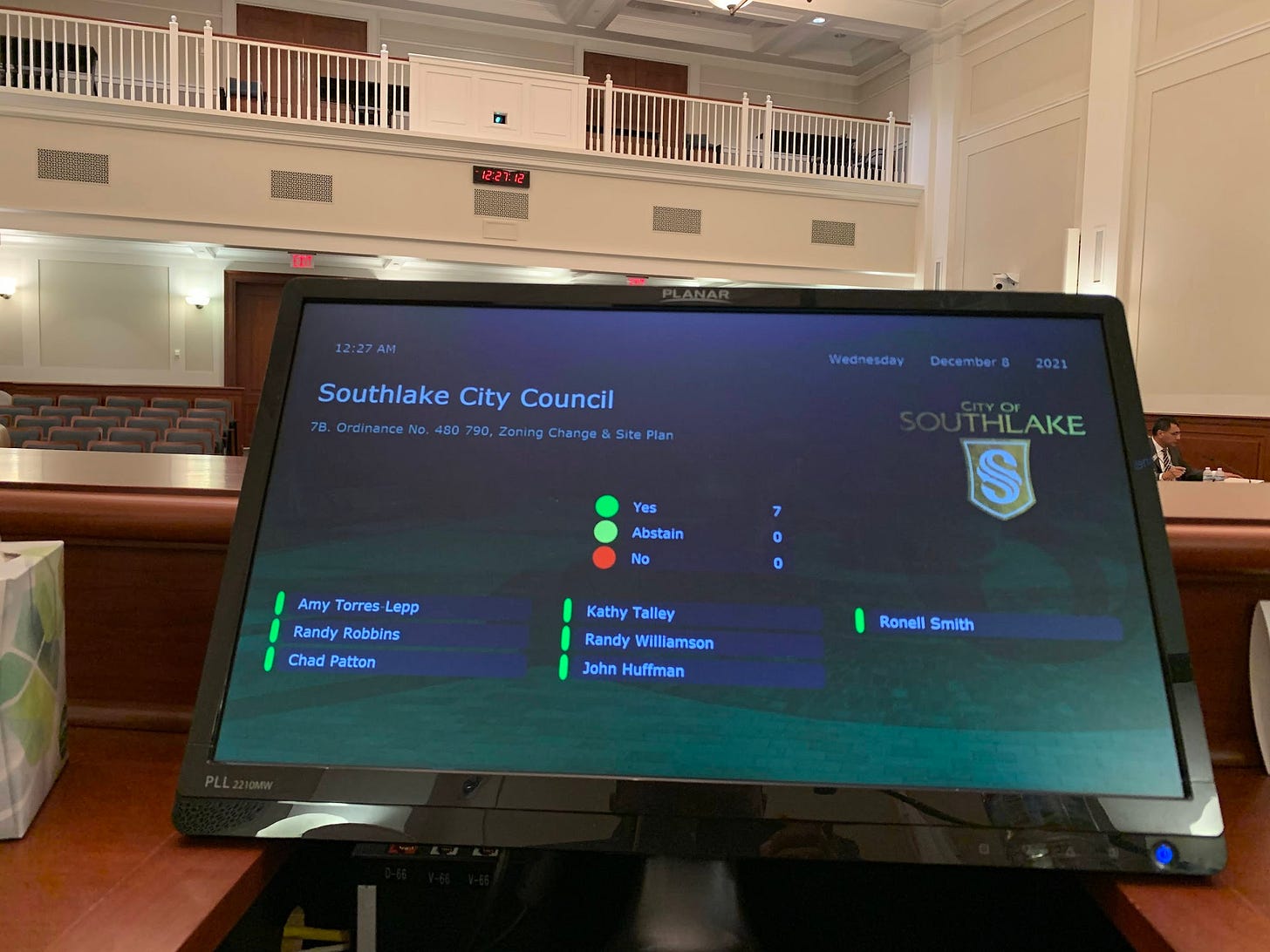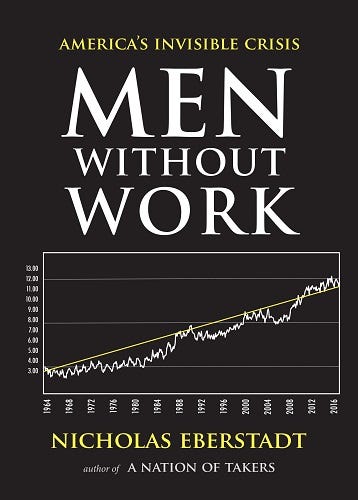The new power in local politics isn't local
Outside money and state mandates are rewriting the rules for communities across Texas
Local politics will be shaped by outside forces in the near future
I have a prediction: Over the next decade, the state of Texas will be dramatically reshaped by forces well outside the control of local or state-level politics.
Translation: Special interest groups, armed with billions of dollars and capable of forcing politicians to bend to their will, are coming for our towns and our schools.
I write about this in my latest Dallas Morning News column:
“If you live in North Texas and haven’t been paying close attention to the Texas Legislature, now would be a good time to start. Lawmakers in Austin are advancing sweeping legislation that could permanently reshape our region, changing how we build our cities, how we educate our children and how much control local communities retain over their future.
“Proposals once viewed as fringe, like school vouchers and state preemption of local zoning laws, are no longer political outliers. Backed by influential coalitions and powerful special interests, they’re gaining serious traction. And the impact could be dramatic: denser development in suburban neighborhoods, new educational divides and a weakening of long-held local authority.”
Quote of the week
“America has always been at war with its darker nature, and sometimes that darker nature wins. We are living in a period of profound national regression.”
—Conservative writer David French, in The New York Times
Video that caught my eye last week
Earlier this year, Speaker Mike Johnson said Democratic lawmakers, lacking leadership and vision, “are flailing right now.” This NSFW video helps partially explain why.
By the numbers
One: That’s the number of city council meetings I have left.
What I’m reading
Men Without Work: America's Invisible Crisis (New Threats to Freedom Series), by Nicholas Eberstadt, has a lot going for it, namely:
• It’s tightly argued, briskly written, and pulls back the curtain on a massive but under-discussed social trend.
• It reveals an invisible epidemic: millions of prime-age American men have simply stopped looking for work—and no one’s talking about it.
• The data is eye-opening, but what sticks with you are the comparisons: more men are idle now than during the Great Depression, and the U.S. leads the developed world in male joblessness.
In a nutshell: This book is a sobering and essential portrait of a vanishing American ideal. Eberstadt shows that the problem isn’t just economic; it’s civic, cultural, and moral. Full review upcoming soon.






